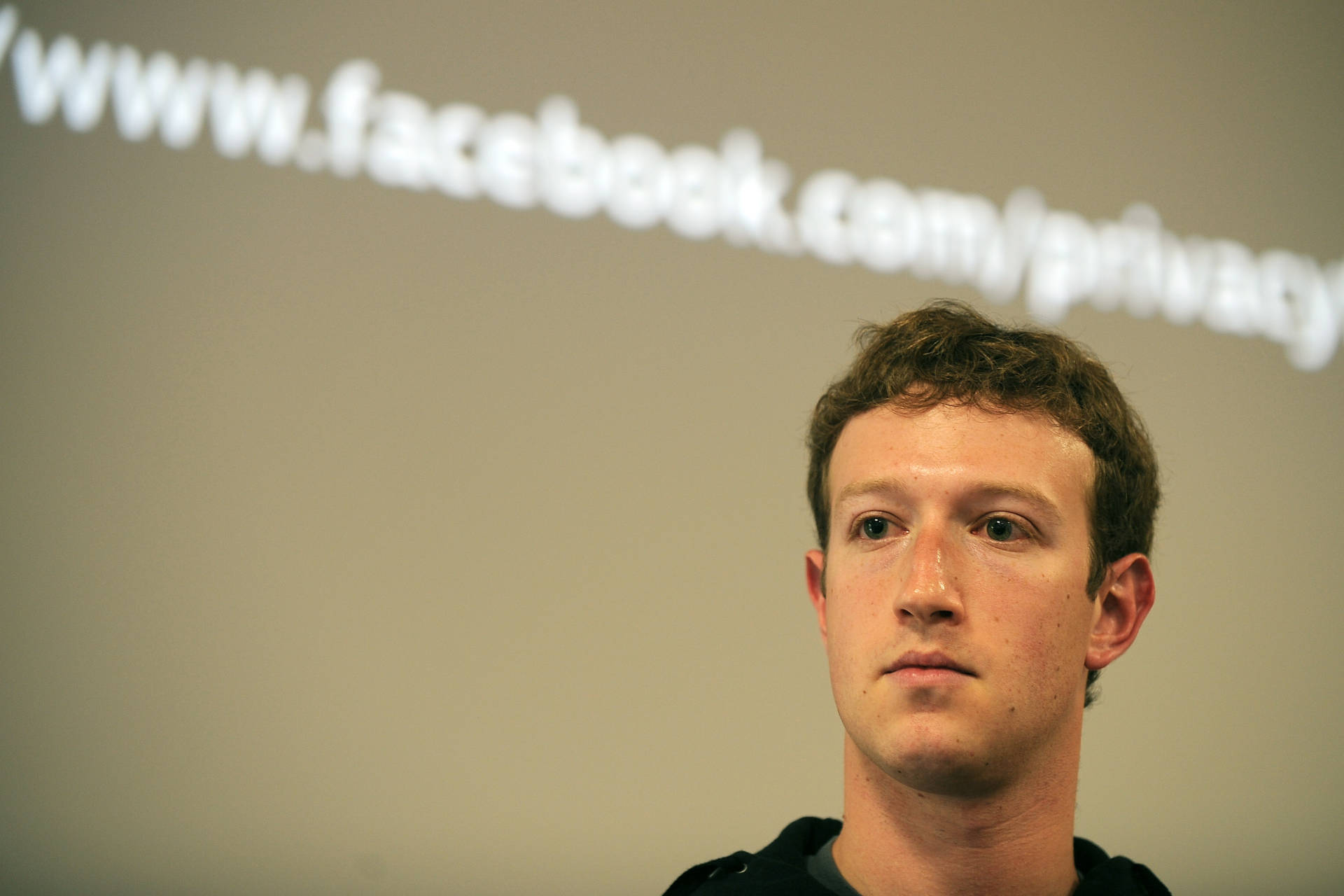Facebook’s Mark Zuckerberg is affirming his commitment to globalization at a time when that ideology is coming under fire in the U.S. and some European countries.
“Our greatest opportunities are now global,” Zuckerberg wrote in a 5,800-word post on the social network. “Our greatest challenges also need global responses — like ending terrorism, fighting climate change, and preventing pandemics. Progress now requires humanity coming together not just as cities or nations, but also as a global community.”
Zuckerberg’s Thursday post doesn’t name President Trump or the rise of white nationalism and anti-immigration attitudes in the United States. In an interview with Recode, he said he’d been mulling over the ideas for a while. But there’s no denying that current events were a motivator.
“In times like these, the most important thing we at Facebook can do is develop the social infrastructure to give people the power to build a global community that works for all of us,” Zuckerberg wrote in his post.
The mission of creating a global community, or “making the world more open and connected,” has been Facebook’s foundation. It’s an idea that Zuckerberg noted wasn’t controversial when the social network started more than a decade ago. Of course that’s changed, with nationalism and anti-globalization sentiments on the rise in the U.S. and Europe.

